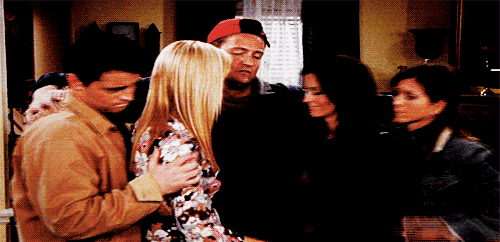The Holocaust ended 74 years ago, but that doesn't mean that we should ever stop forgetting what happened. As the last generation to be alive alongside survivors, it falls on us to carry on their memories and make sure that no one ever forgets.
The Holocaust is a topic most times skimmed over in high school. Most public high schools spend just one unit, probably one or two weeks, on the Holocaust. For a topic with so much information, all of it simply cannot be taught in such a short period.
However, in a college setting, you are exposed to a wide array of topics, focused on specific events. Most colleges have a Jewish Studies program, like the College of Charleston, that offers at least one course specifically on the Holocaust. Fortunately for CofC, we offer several.
When you're looking for a humanity to fill up your GenEd requirement, or perhaps a Jewish Studies major or minor, you should at least take one course on the Holocaust.
A general course on the Holocaust will give you the who/what/where/when/why/how of what exactly happened. It features everything you could possibly want to know about the horrific era in history.
In a society where there are still Holocaust deniers, bigotry, and ignorance, it is important now more than ever to learn about it, and the perfect place to do that is in a classroom setting where you are given all of the materials that you would need.
It's not only important to learn so that we don't forget the Holocaust, but also learn the warnings so that we can prevent something like it from ever happening again, anywhere. It is not just a "Jew thing," it is an "everyone" thing. 6 million Jews died in the Holocaust, plus 5 million "others," including homosexuals, Roma, Slavic peoples, Jehovah's Witnesses, the mentally and physically disabled, and other political prisoners, for an estimated total of over 11 million people.
11 million people.
Holocaust education also teaches not to give in to peer pressure, which, believe it or not, was a common theme in the Nazi rise to power through the end of the war. It also shows that being a bystander is just as bad as being the persecutor.
If you are out of college, you still do not have an excuse to not educate yourself about the Holocaust. Read a survivor's memoir or autobiography, not any historical fiction. "The Boy in the Striped Pajamas" and "The Tattooist of Auschwitz" are not accurate in their depictions on the Holocaust, and should not be treated as a knowledgable source. Instead, read Night by Elie Wiesel, All But My Life by Gerda Weissman Klein, or Rena's Promise: A Story of Sisters in Auschwitz by Rena Kornreich Gelissen. These are just a few recommendations of first-hand accounts of the Holocaust written by the survivors.

















